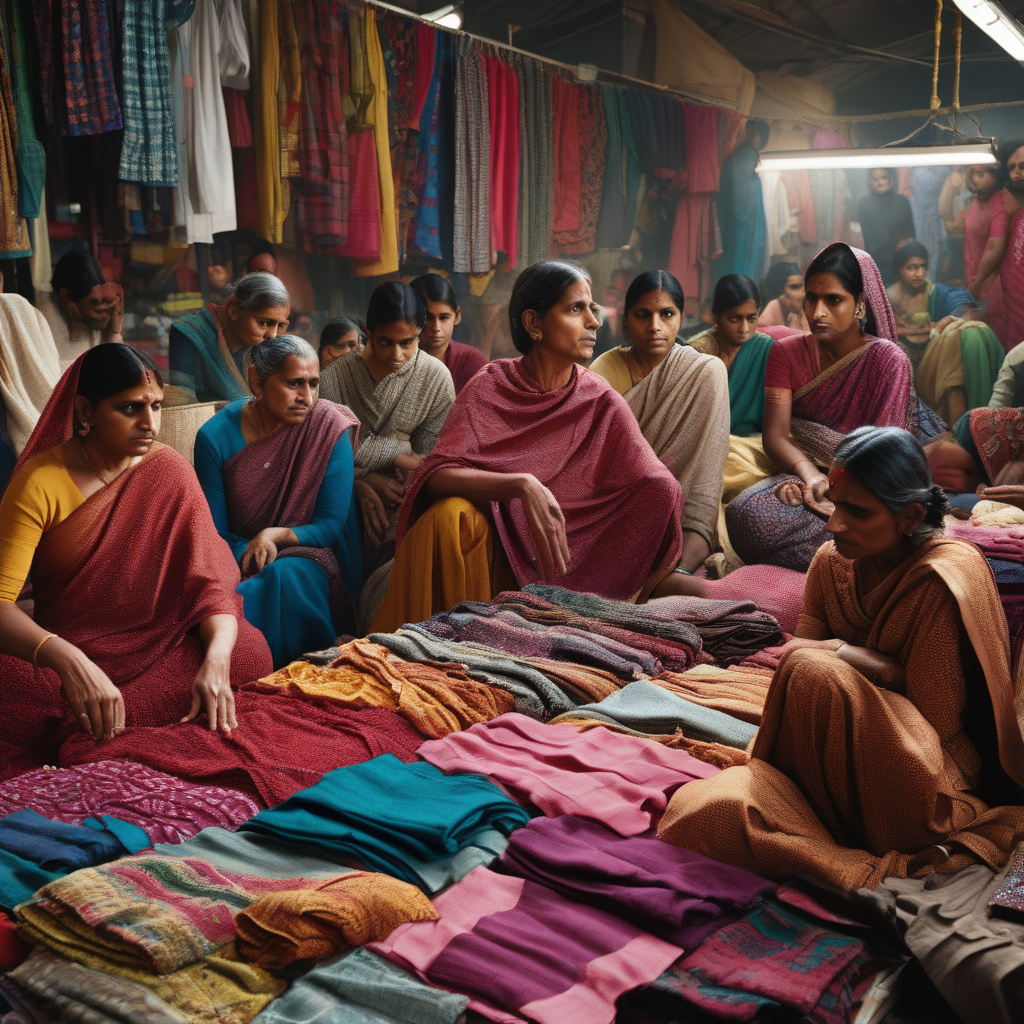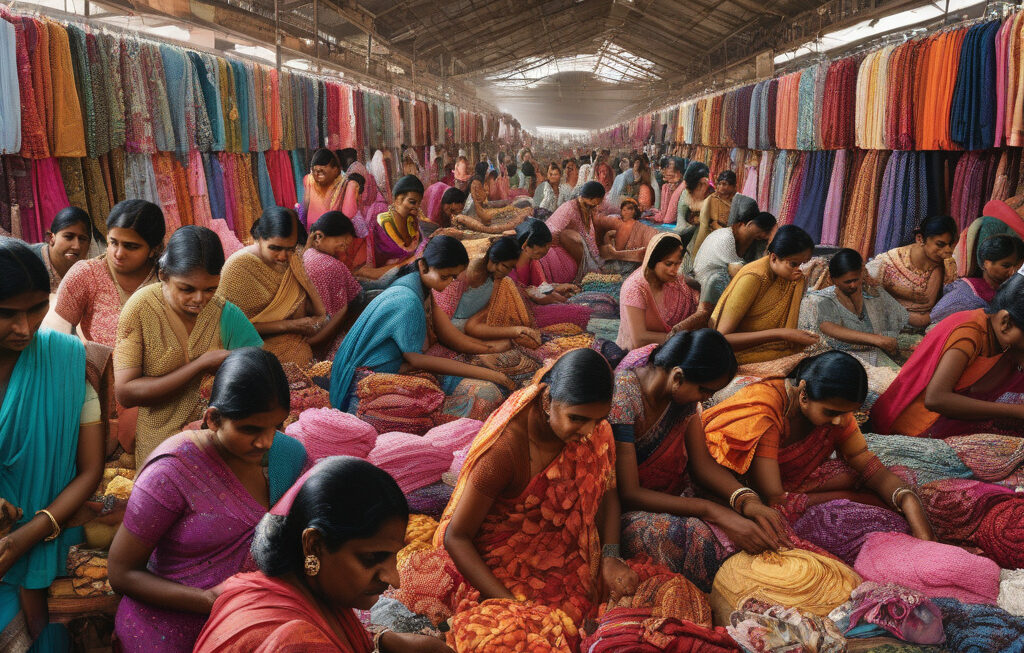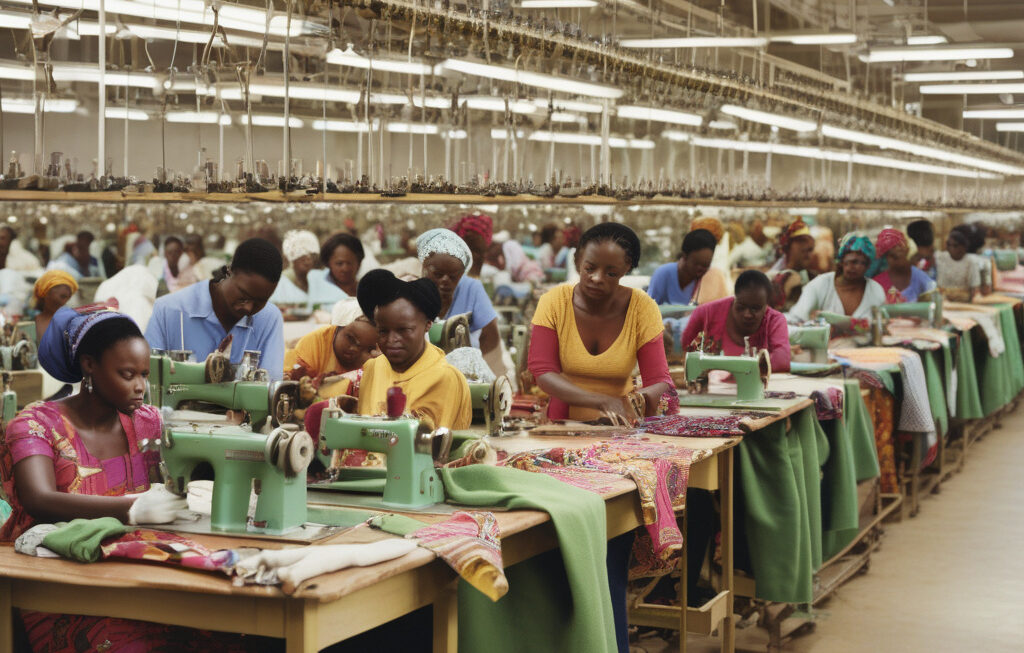Small Indian Apparel Exporters Face ‘Death Knell’ From US Tariffs
In the ever-changing landscape of global markets, the fashion industry stands out as one of the most dynamic and challenging sectors to navigate. This week’s round-up of fashion business news brings to light a concerning issue that has been looming over small Indian apparel exporters – the threat of ‘death knell’ from US tariffs. As the world continues to grapple with the economic repercussions of the ongoing global trade tensions, the impact is acutely felt by these exporters who are already facing a myriad of challenges in the competitive international market.
The imposition of tariffs by the United States on Indian apparel exports has sent shockwaves through the industry, with small exporters bearing the brunt of the financial burden. These tariffs not only increase the cost of exporting goods to the US but also make Indian products less competitive in comparison to other countries that are not subjected to such levies. As a result, many small exporters are finding it increasingly difficult to sustain their businesses and remain profitable in the face of these additional costs.
The repercussions of these tariffs are far-reaching, affecting not only the bottom line of small exporters but also the livelihoods of thousands of workers employed in the Indian apparel industry. With profit margins already tight and competition fierce, the added pressure of tariffs threatens to push many small exporters to the brink of collapse. This not only has economic implications but also social ones, as job losses in this sector could have a ripple effect on the broader Indian economy.
In contrast to the challenges faced by small Indian apparel exporters, other players in the global fashion market are making significant strides. Bluestone’s recent IPO marks a milestone in its journey towards expansion and growth, signaling confidence in the market despite the prevailing uncertainties. Similarly, LPP’s ambitious push into Uzbekistan highlights the potential for growth in emerging markets, offering new opportunities for businesses looking to diversify their operations.
Amidst these developments, there is a glimmer of hope for Lesotho garment factories, which have received a reprieve from the challenges posed by the current economic climate. This positive news serves as a reminder that despite the obstacles, resilience and strategic decision-making can pave the way for success even in turbulent times.
As the global fashion industry continues to evolve, adaptability and foresight are key for businesses to thrive in a competitive and unpredictable market. Small Indian apparel exporters must explore innovative solutions, such as diversifying their export destinations or focusing on niche markets, to mitigate the impact of tariffs and secure their long-term sustainability. Collaboration with government bodies and industry associations can also provide much-needed support and advocacy on behalf of these exporters in navigating the complex web of international trade regulations.
In conclusion, the challenges faced by small Indian apparel exporters in the wake of US tariffs underscore the need for resilience and strategic planning in an increasingly volatile global market. By staying attuned to market trends, exploring new opportunities, and seeking support from stakeholders, these exporters can weather the storm and emerge stronger in the face of adversity.
#IndianApparelExporters, #GlobalFashionIndustry, #US tariffs, #SmallBusinessChallenges, #MarketTrends











